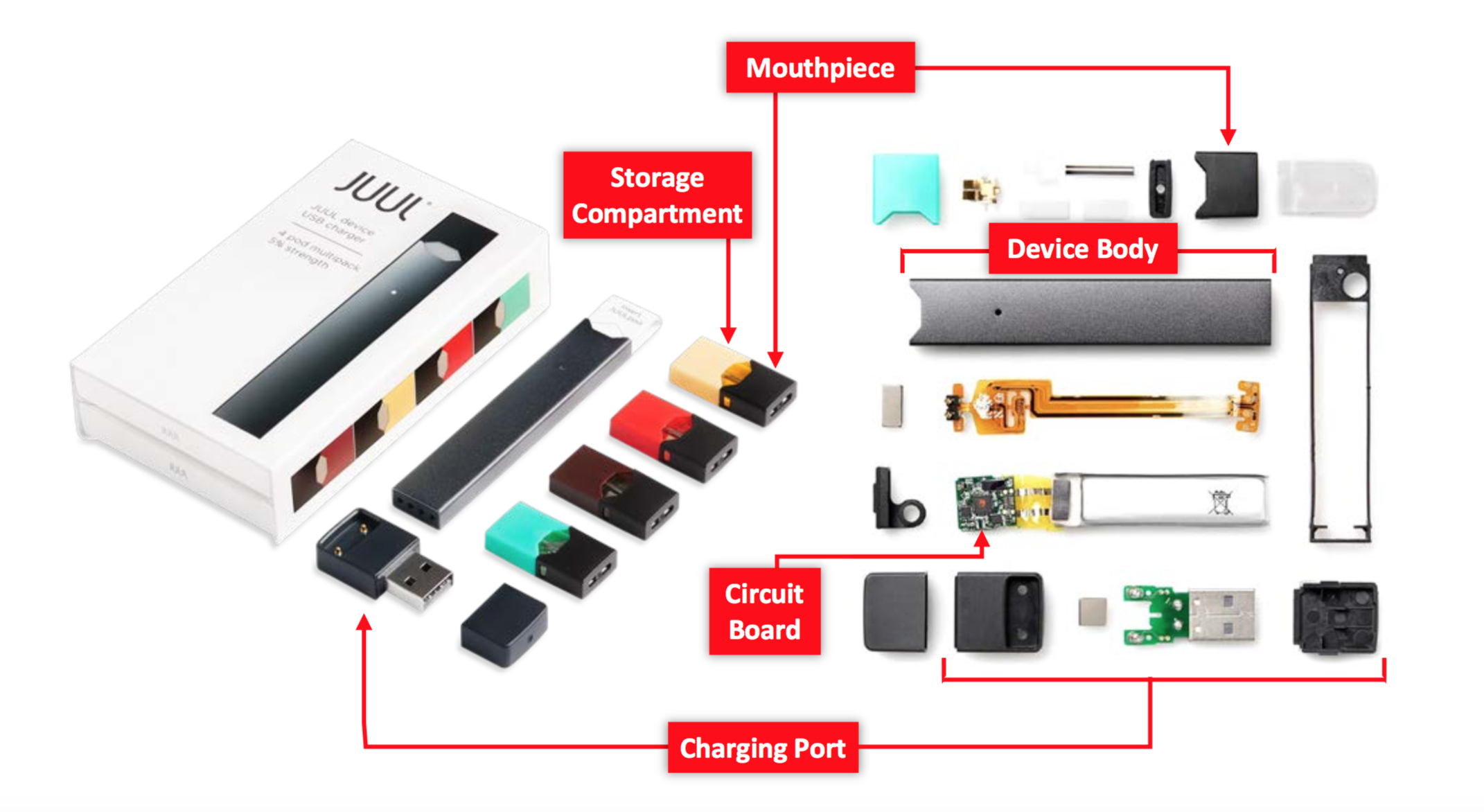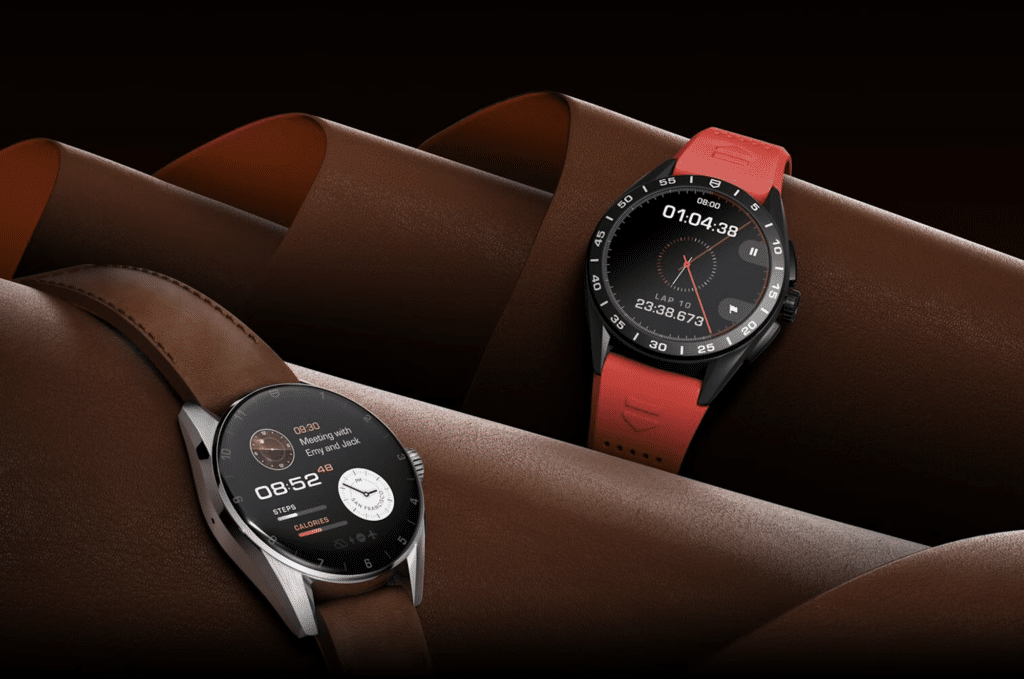Almost as ubiquitous in the latest batch of fashion month street style photos as gifted designer bags and either clunky sneakers or cowboy-inspired boots were the sleek, black rectangular e-cigarettes produced by JUUL Labs. Since making its debut in 2015, the San Francisco-based company swiftly became the most popular e-cigarette maker in the U.S. by the end of 2017, achieved a $15 billion valuation by this July, and as of last month, had amassed market share of nearly 73 percent. In the process, JUUL alleges in a new complaint with the U.S. International Trade Commission (“ITC”), it has been faced with a “rapid proliferation” of copycat products, no shortage of which infringe the valuable patents that protect its wildly popular e-cigarette model.
In its ITC complaint filed on Thursday, JUUL named 18 entities, most of them based in the United States or China, and sets forth claims of patent infringement. In particular JUUL alleges that the defendants have “blatantly emulated the distinctive design” of its marquee product and run afoul of its various patents, including those that extend to a “Cartridge for Use with a Vaporizer Device,” a “Vaporizer Apparatus,” and “Vaporization Device Systems and Methods.”
JUUL has asked the ITC – the U.S. government entity charged with, among other things, adjudicating cases involving imports that allegedly infringe intellectual property rights – to issue a general exclusion order directing U.S. Customs and Border Protection to prevent all of the allegedly infringing products from entering the U.S., and to issue cease-and-desist orders against the defendants to force them to stop manufacturing and importing the copycat e-cigarettes.
According to JUUL’s complaint, while it implements strict manufacturing and quality controls during the manufacturing of its products, it is unable to ensure the quality of or any manufacturing information in connection with most of the allegedly infringing devices.

The company confirmed on Thursday that it has initiated similar proceedings in the United Kingdom. These cases come on the heels of JUUL’s August trademark filing against 30 China-based counterfeiters who were selling counterfeit products online.
JUUL is currently in the midst of a tussle with the Food and Drug Administration (“FDA”), which conducted a raid on its headquarters early this month, seizing sales and marketing documents in connection with a months-long inspection of whether the company targets underage users with its nicotine-packed wares. The FDA says it is looking into the company’s marketing practices, as Commissioner Scott Gottlieb calls teen use of nicotine vaping devices an “epidemic.”
As noted by CNBC this week, “The inspection comes weeks after the FDA announced a crackdown that requires e-cig manufacturers, including JUUL, to submit plans to address youth use of their products within 60 days. The agency also threatened to ban some flavored nicotine liquids, which critics say attract kids to e-cigarettes.” JUUL, in particular, with its sizable market share, has been at the center of the FDA’s attention this year as e-cigarette use soars among teens.
A report from the Centers for Disease Control and Prevention reveals that “the e-cigarette craze has driven what’s arguably the largest uptick of teen nicotine use in decades,” with approximately 3 million, or about 20 percent of high school kids, using e-cigarettes, up from the 1.73 million, or 11.7 percent, represented in last year’s National Youth Tobacco Survey.” Such stats follows years of cigarette smoking among teens dropping to record lows.
*The case is In the Matter of CERTAIN ELECTRONIC NICOTINE DELIVERY SYSTEMS AND COMPONENTS THEREOF, Investigation No. 337-TA-














